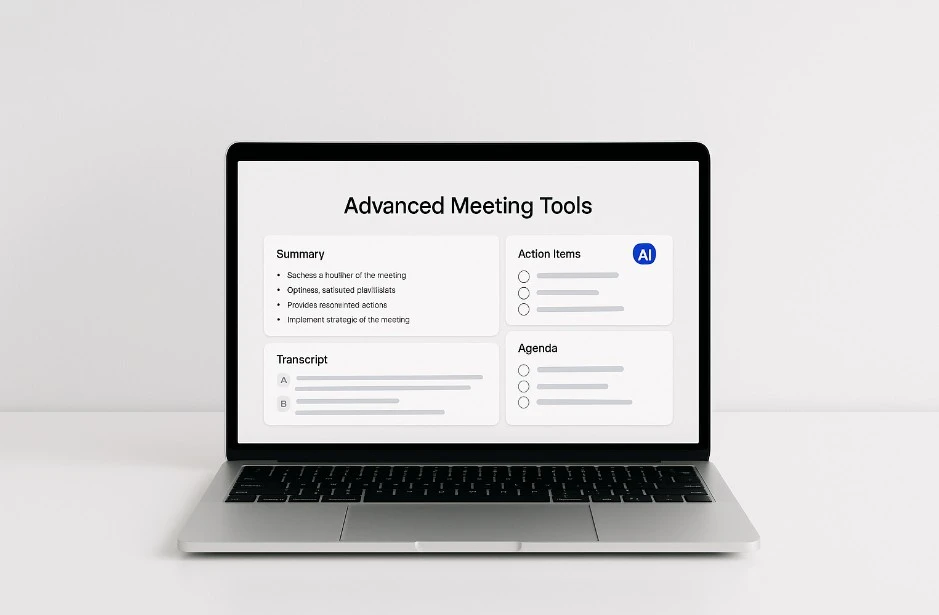Social media has become the first port of call for many customers who want to interact with businesses and brands, as well as an ideal portal for companies that intend to engage with, support and market to as many people as possible.
Because of this state of affairs, lots of forward-thinking organizations have already implemented strategies which allow them to manage customer relationships in the social sphere. If you have yet to make this move, or you are unsatisfied with the results gleaned from your current efforts, here are some tips on how to make social CRM work for you.

Harness the right tools
Social CRM is so much more efficient and effective if you are making use of software which has been designed from the ground up to streamline this process. You can even use a specifically tailored social media CRM to achieve this, which is even more advantageous.
So what is a social media CRM? The short answer is that it is a modern customer relationship management platform which is capable not only of stewarding your interactions with customers through traditional means, but also of merging the resultant data with that siphoned from your social accounts.
From being able to answer customer questions quickly when they get in touch, to knowing their purchase history to provide a bespoke level of service, social-focused CRMs combine old and new marketing techniques to improve the experience for customers and create better outcomes for businesses.
Pinpoint current shortcomings
Another essential aspect of successfully leveraging social media to court and support customers is knowing when you are making mistakes or falling short of expectations, and taking action to make improvements based on your findings.
There are a few ways to go about this, and drilling down into the data generated by your social CRM is a good place to start. If you can see that people who get in touch via social media are not converting or staying loyal, something is obviously not right.
Likewise you can be proactive and simply ask your customers outright to provide feedback on their experience of interacting with you on whichever social platforms you occupy. Listening to the input they provide will allow you to single out pain points and failings in your current strategy, which you can then fix.
Be focused
One of the most common mistakes that businesses make when entering the social media fray is to overextend themselves and either attempt to build relationships on too many platforms, or to target the wrong platforms unnecessarily.
It is wiser to turn your full attention to one or two platforms at first, and one way of determining whether a particular service is worth using is to search to see whether your business or brand is being discussed there already. If your target audience is present in abundance, then it will be advisable to establish your own official account to cater to their needs.
Personalize interactions as much as possible
People will really appreciate it if you tailor your social interactions to them as individuals, rather than settling for providing generic replies or irrelevant content.
A good CRM can help with this, of course, and will be particularly potent as an ally in this context if more than one person is going to be responsible for running your social accounts, since teams will then have the data to hand to talk to customers in a bespoke manner.
Combine skills from several departments
Social CRM is something of a multi discipline process, since it is at once a sales and marketing opportunity, as well as being innately tied to customer support, as mentioned earlier.
This means you can get more out of it by encouraging different specialists to work together, while also ensuring that the people who are fronting your social accounts are well versed in all of the above disciplines.
For technical areas, you can get in touch with agencies that can help you find CRM developers and specialists for your business or throughout your implementation.
Provide opportunities for private interactions
The worst social media debacles involving businesses tend to occur when customer complaints are aired and dealt with in public timelines.
The solution to this is to make sure that part of your social CRM strategy is to make customers aware of the different options for getting in touch that will allow you to field queries and solve their issues privately.
Whether you choose to do this with the offer of a chat via direct message, or by providing other contact details as standard, this can prevent snafus and also make things less awkward for lots of customers as well.
Wrapping up
Every organization will need a slightly different social CRM strategy, but no matter the industry you work in (like self-storage) or the size of your operations, the unavoidable reality is that you need some kind of plan for managing customer relationships on social media.
Further to this, your strategies also need to be scrutinized and improved over time, so that shortcomings do not persist unchecked.









